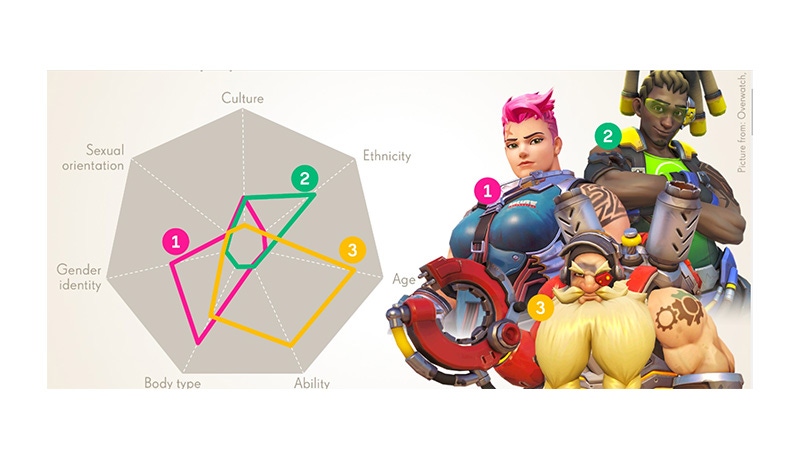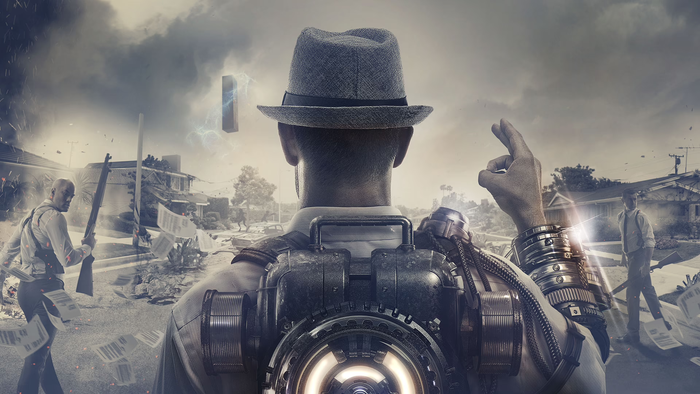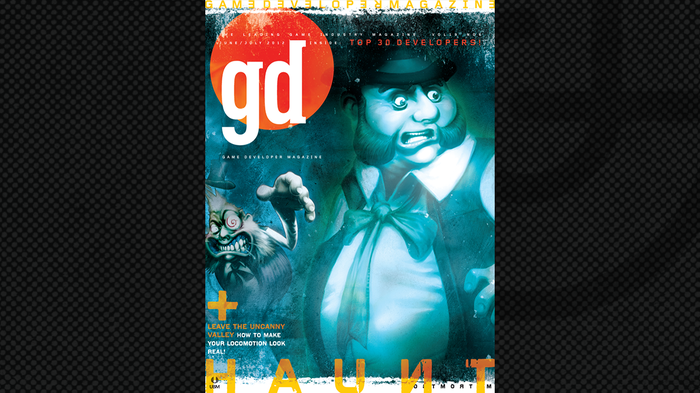Activision Blizzard's new "diversity space tool" gets frosty reception from devs
Update: Activision Blizzard has updated its blog post to clarify that King's "diversity tool" has not been used in active production of recent games.

Today Activision Blizzard made public a tool that it plans to deploy across its teams in the coming months. It's called the "Diversity Space Tool," and unlike other game development tools, it's not directly used to generate game content, but rather to evaluate the diversity of game characters and quantify that diversity in numbers and spider charts.
The tool was apparently created by the team at Candy Crush developer King, and tested on games like Call of Duty: Vanguard, which featured an international cast of diverse characters fighting Nazis in World War II. It's also been tested by the Overwatch 2 team, who expressed "optimistic first impressions.
There's plenty of good intent behind this new tool. King Globalization Project Manager Jacqueline Chomatas explained in Activision Blizzard's blog post that the intent of the tool was to evaluate game characters while they're being iterated on, to help show their creators there might be stereotypical patterns being expressed that reinforce classic ideas of sexism, racism, or other biases.
Calling it a "measurement device," Chomatas explained that the tool is meant to "identify how diverse a set of character traits are and in turn how diverse that character and casts are when compared to the ‘norm.’"
King employees also apparently spent time developing this tool in their off-hours as a "volunteer" effort, which does not bode well for a company claiming this as an effort to prioritize diversity.
Again, there's a lot of good intent here. But game developers on social media are mostly expressing negativity in the wake of Activision Blizzard's announcement. If you dig into how the tool works, things get very uncomfortable very quickly.
Chomatas' explanation of how the tool works highlights a core complaint many game developers have: All of the characters run through the tool are being judged against a "norm," and that "norm" seems to be an able-bodied, white, cisgender straight man. Characters' diversity scores are increased when they deviate from that description.
A screenshot of Overwatch Egyptian medical sniper Ana highlights how uncomfortable this gets. She's rated on a number of axes that are collated into a spider chart, and given ratings on them. Being Egyptian gets her a "culture" score of 7, as does being Arabic. Her age (60 years old) also lands her a 7, and her physical ability (only having one eye) is rated at a 4.
Her "cognitive ability" is rated at a 0, indicating that whatever Ana's cognitive ability is, it's part of the "baseline" that other characters might be judged against.

I cannot express enough how deeply uncomfortable that paragraph was to write. I have tried to write three paragraphs highlighting how even Ana's normative "cognitive ability" shows the dangers establishing such a norm and deleted each one because of how gross they all sounded.
Why is the "norm" so heavily favored?
Michael Yichao, a narrative designer at Phoenix Labs, neatly called out how weird it was to create such a system that judges characters against a norm. "This tool assumes white male as the baseline against which 'points' are earned via deviation, which is in itself reinforcing rather than reimagining currently non-inclusive paradigms," he pointed out.
It doesn't help that many of the metrics picked by King and Activision Blizzard uncomfortably mirror real-world beliefs of racists and bigots. The eugenics movement of the early 20th century took particular enjoyment with the 19th century study of phrenology; a practice where one's intelligence (or cognitive ability) supposedly correlated to the size and shape of one's skull.
By some coincidence (it wasn't coincidence), phrenology experts would deem the skulls of non-white groups like Native Americans or Black Americans as being deviant, which was often used to justify atrocities like genocide or slavery against said groups.
It's likely that whoever added "cognitive ability" to this list wasn't attempting to make the same connection. But treating those with cognitive impairments (or simply different, varying scales of cognitive ability) as aberrant still has consequences for people today.
Given that many, many game developers have talked about the fights they've had with company executives to diversity their game casts, this tool seems like an uncomfortable natural extension of the game industry's toxic logic about non-white, non-male characters.
Just this week, developers from Respawn Entertainment spoke up about the pushback they allegedly received when they advocated casting a black woman as the hero of Star Wars Jedi: Fallen Order. In 2020, a former BioWare writer described complaints from her creative director about the addition of another Asian character to the game's cast.
Activision Blizzard says that the Diversity Space Tool can "clearly delineate between token characters and true representation," but it might in fact, do just the opposite.
This tool's revelation also becomes deeply uncomfortable when you weigh it against Activision Blizzard's yearlong reckoning with a battery of lawsuits alleging sexual harassment, abuse, and discrimination against the company.
Update: Activision Blizzard has updated its blog promoting King's "diversity tool" with a response to backlash the company experienced on social media. The company clarified that the tool has been used "as an optional supplement" by the company's developers. "Decisions regarding in-game content have been and will always be driven by development teams," it noted.
It's also removed images of the tool in action from the blog post.
The tool was apparently not used "in isolation," and would be part of meetings with diversity-focused staff members to discuss "existing norms" and how game characters can exceed them. "It is not a substitute for any other essential effort by our teams in this regard, nor will it alter our company’s diversity hiring goals," the company added.
It's worth noting that after Activision Blizzard published its blog, multiple employees were spotted on Twitter expressing outward frustration about how it described the company's approach to diversity. "Overwatch doesn't even use this creepy distopian [sic] chart," character artist Melissa Kelly wrote on Twitter. "Our writers have eyes. The artists: have eyes. Producers, directors, etc, as far as I know also all have eyes."
"We have people who work on the game from these cultures. That's it! That's literally it."
Kelly also shared a meme tweet stating "it has been 0 days since last our studio ruining our reputation."
About the Author
You May Also Like









